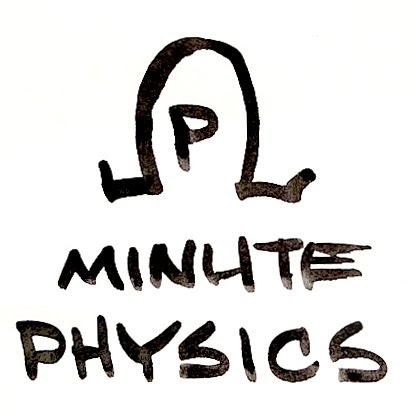2017-09-30
[public] 698K views, 24.1K likes, 864 dislikes audio only
3072×1728The first 200 people to use http://skl.sh/minutephysics30 get 30% off a premium Skillshare subscription.
Support MinutePhysics on Patreon! http://www.patreon.com/minutephysics
Link to Patreon Supporters: http://www.minutephysics.com/supporters/
This video is about the international system of units (SI), the international prototype kilogram (the IPK or "le grande k"), and specifically, why we need to redefine our base units in terms of fundamental constants - aka, concepts & ideas - rather than physical objects. The second is already defined in terms of a certain number of oscillations of a photon of the ground state hyperfine splitting energy of Cesium, the meter is then defined as how far light travels in a particular fraction of a second, and hopefully soon, the kilogram will be defined either using the Avogadro approach of counting silicon atoms in a sphere, or using the Watt (Kibble) Balance approach of measuring Planck's constant, h, as used in the formula E=hf for the energy of a photon, which relates to mass via Einstein's famous E=mc^2.
REFERENCES:
Most Recent Kilogram/Planck Constant Measurement: https://www.nist.gov/news-events/news/2017/06/new-measurement-will-help-redefine-international-unit-mass
International Bureau of Weights and Measures page: http://www.bipm.org/en/measurement-units/base-units.html
Future Definitions of SI Base Units: http://www.bipm.org/en/measurement-units/rev-si/
Resolution to redefine Kilogram, ampere, kelvin and mole based on fundamental constants: http://www.bipm.org/en/CGPM/db/25/1/
Hyperfine levels of an atom (Cesium, in this case): https://en.wikipedia.org/wiki/Energy_level#Hyperfine_structure
https://en.wikipedia.org/wiki/Hyperfine_structure
Cesium: https://en.wikipedia.org/wiki/Caesium#Atomic_clocks
Atomic Clocks: https://en.wikipedia.org/wiki/Atomic_clock
MinutePhysics is on twitter - @minutephysics
And facebook - http://facebook.com/minutephysics
And Google+ (does anyone use this any more?) - http://bit.ly/qzEwc6
Minute Physics provides an energetic and entertaining view of old and new problems in physics -- all in a minute!
Created by Henry Reich
/youtube/video/VSrEIdhrXB4?t=20
/youtube/video/VSrEIdhrXB4?t=166
/youtube/channel/UCUHW94eEFW7hkUMVaZz4eDg
http://www.patreon.com/minutephysics
/youtube/video/lPBTdSfLBg8

